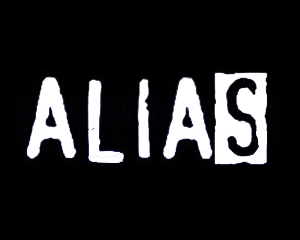The latest Immigrant Visa Instructions published by the U.S. Consulate in Guangzhou on Nov. 24, 2017, require that an applicant who has “ever used another name or alias on legal documentation or for other official purpose must provide a certified alias certificate” (别名证明文件).
In China, if a person wishes to change their legal name, they must apply in the household registration department of the public security bureau. (See Regulations on Household Registration, art. 18.) The household registration booklet (户口簿 hukoubu) will be updated to show the new name and will list the previous name (曾用名 ceng yong ming).
Typically, a notary office will issue an alias certificate based on presentation of the following documents by the applicant:
- National ID card
- Household registration booklet
- If the household registration booklet does not list the prior name, a letter from the household registration department of the public security bureau
The notarized alias certificate will state something like this: “This is to certify that WANG Xiaohong has a previous name called WANG Jianguo.”
The Form DS-260, Immigrant Visa Electronic Application, already requires that applicants list “other names used,” explaining that “Other names used includes your maiden name, religious name, professional name, or any other names by which you are known or have been known in the past.”
Lately, our firm has seen a number of requests by consular officers that applicants submit notarized alias statements for the nicknames given to them by their English teachers. At least one consular officer is of the opinion that such nicknames must be listed in the Form DS-260. By this logic, perhaps consular officers should quiz applicants on their “milk names” (乳名). If your milk name was Big Head (大头), would you list that on your form?
In any case, such nicknames obviously are not listed in the household registration booklet; further, the public security bureau will refuse to issue a letter stating that the nickname is applicant’s previous name. In such cases, we have contacted the consular officer to clarify that the nickname was never used on any legal documentation or for other official purpose, after which the consular officer has dropped the request for the notarized alias statement.
Under Federal regulations, a consular officer may require “all … records … which the consular officer considers necessary.” (22 C.F.R. 42.65). Hopefully, the process will go more smoothly as consular officers and applicants get used to this new requirement.

Leave a Reply